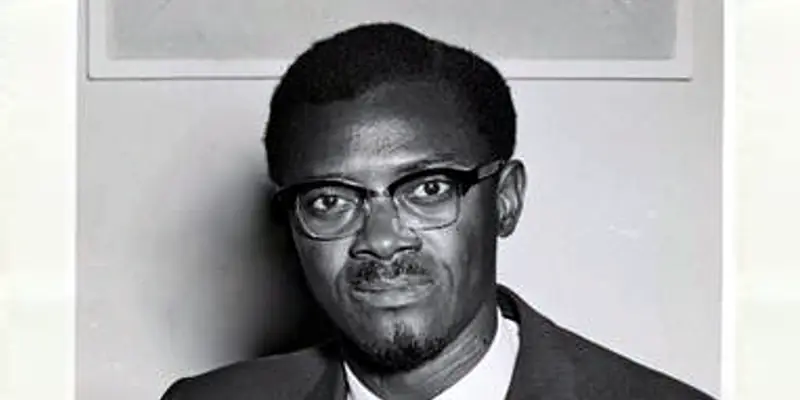African History
The Life of Patrice Lumumba
We embark on a journey to learn about the life of Patrice Lumumba. Patrice Émery Lumumba, a towering figure in Africa’s struggle for independence and self-determination. Lumumba’s story is one of bravery, persistence, and a strong attachment to his homeland, the Democratic Republic of the Congo. Let us look into the life of this powerful man and his lasting legacy.
“Africans, let us rise up! Africans, let us unite! Africans, let us walk hand in hand with those who want to help us make this beautiful continent a continent of freedom and justice!”(Patrice Lumumba)
Patrice Lumumba’s speech at Congress for the Freedom of Culture – 1959
Table of Contents
Early Life Story of Patrice Lumumba

Patrice Émery Lumumba was born on July 2, 1925, in Onalua, a small town in the Belgian Congo’s Kasai region (now the Democratic Republic of the Congo). Growing up in poverty, Lumumba witnessed directly the injustices and inequalities imposed by Belgian colonial rule. Despite his lack of formal education, he had an insatiable appetite for information, educating himself through books and engaging in debates with fellow activists.
Personal Life of Patrice Lumumba
Lumumba was a dedicated family man outside of his political efforts. In 1951, he married Pauline Opangu, with whom he had five children. Lumumba’s family was always there for him, even during the most difficult years of his life. His passion for his family and country fuelled his ambition to make a brighter future for all Congolese.
Career Accomplishments and Achievements of Patrice Lumumba
Lumumba’s political path was defined by his persistent pursuit of independence and commitment to pan-Africanism. He was a founding member of the Congolese National Movement (MNC) and served as its first president in 1958. Lumumba’s fascinating gift of persuasion and amazing ability to rouse the masses catapulted him to the forefront of the independence struggle.
The Democratic Republic of the Congo gained independence from Belgium in 1960, and Lumumba became the country’s first democratically elected Prime Minister. Lumumba enacted measures aimed at building national unity, economic prosperity, and social equality throughout his brief tenure. Nonetheless, his goal for a truly autonomous Congo ran against various roadblocks, both within and beyond its boundaries.
What was the Legacy of Patrice Lumumba?
Lumumba’s legacy is defined by his steadfast commitment to self-determination and African unity. Generations of African leaders have been inspired by his vision of a united Africa free of colonial rule. Despite enormous opposition, Lumumba’s unwavering energy and resolve remain a beacon of hope for people striving for justice and equality.
What was Patrice Lumumba most known for?
Patrice Émery Lumumba is most known for his role as a charismatic leader in the struggle for independence in the Democratic Republic of Congo. His powerful speeches and unwavering commitment to the Congolese people made him a symbol of resistance against colonial oppression. Lumumba’s tragic assassination in 1961 elevated him to the status of a martyr, further cementing his place in history.
Conclusion
Our journey through Patrice Lumumba’s life has come to a close, but it has left us with a strong admiration for his dedication to the ideas of freedom and self-determination. Lumumba’s lasting influence teaches us that a single person’s persistent commitment to justice and equality may ignite a powerful movement and change the course of history. Let us take courage from Lumumba’s bravery and strive for a world where everyone can live with dignity and freedom.
We appreciate your presence on this journey to learn more about Patrice Émery Lumumba’s life and legacy. We hope that this quick introduction has piqued your interest in learning more about other extraordinary people who have left their imprint on our planet.
